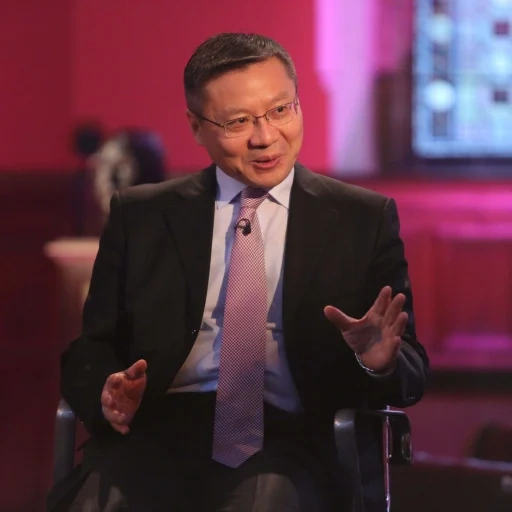Has Foreign Tourists Become China’s Unofficial Online Advocates?
Recently, China announced a “144-hour visa-free transit” policy for various countries’ citizens, that means a full 6 days for travel. This has attracted many foreign tourists to China, who found a China they have never met in Western media. Among them, many have posted their experience in China on social media. Videos tagged “#ChinaTravel” have been trending.
The West did not expect how a simple act of a 6-day visa-free transit policy would crush the information cocoons they built with decades of anti-China propaganda.
Western media has overly smeared China for too long. As a result, many details that are common and unnoticed to Chinese citizens are enough to keep Foreigners’ eyes wide open.
For example, in China, girls can wander on the streets before dawn, without worrying about safety. People can take photos without fear of their phones being snatched, a luxury in some Western countries. The high-speed railways in China are not only fast but also smooth, steady, and comfortable. You can even order food during your journey, and it will be delivered right to your seat. Food deliveries can be left in public places without fear of theft, unlike in the US, where supermarkets lock up items like shampoo and mouthwash. Chinese cities are secure and flourishing, with more skyscrapers in Shanghai alone than in the entire United States. The variety of food in China is immense; beyond the eight major styles of Chinese cuisine, each town has its local specialties, making it impossible to try them all.
 In the first half of this year, over 15 million foreign tourists visited China.
In the first half of this year, over 15 million foreign tourists visited China.
Speaking globally, it’s common for people to explore an entire country in six days. However, in China, six days isn’t even enough to thoroughly explore just one city, like Beijing. The natural beauty in China is immense; a video titled “Places in China Too Beautiful to Exist” garnered over 40 million views. Additionally, China’s technology is so advanced that foreign visitors often say: you only need three apps to get by: Alipay, WeChat, and Meituan.
Some say: before coming to China, all I knew was her long history. After coming to China, I found her very modernized. Some say: our government claims that we shouldn’t go to China, our media says it’s risky, and you may get arrested as a spy there.
Due to the long-term exposure to negative information, many foreign tourists feel anxious or uneasy before arriving in China. However, once they land at a Chinese airport, they realize they have entered a true modern civilization. They are greeted by the latest infrastructure, efficient customs processes, and open, confident smiles.
What tourists have seen and heard by their own eyes and ears, along with the videos, the images, the words they uploaded touch heartstrings. Even Chinese netizens would be able to feel their emotions and learn from their seeing, isn’t that the best argument we have got from these foreign friends?
As long as people come to China and speak the truth, the lies long spread by the West shall perish and the fabricated myths about Western superiority are debunked. A comment most liked says: the more you explore China, the more you see Western media as laughingstock. As I said long ago, for most Chinese ” Once abroad, you become patriotic”. Now for most foreigners the saying goes ” Once in China, you fall in love with China”.
Today, China is a remarkable country—both ancient and young, traditional and fashionable, Chinese and global. It is a fascinating “civilizational state.”
This “China zeal” started by the transit visa-free policy reminds me of what happened last April. A French entrepreneur Arnaud Bertrand participated in a debate in the US comparing the Chinese model to the American one.
Drawing on his seven years of living in China, he argued that China’s governance model has brought stability, prosperity, and more freedom to its people. He questioned whether in America, people truly have the “freedom” to walk alone anywhere, anytime.
He took out data, that in the US there are 70 times more chance than in China for a person to become a victim of violent crime. Such “freedom of not having to fear” is the real freedom.
He considers the Chinese system and model as unique; it wiped out extreme poverty, secured all Chinese citizen life, and provided a stable environment for development. Thus, comes continuous prosperity and an increase in people’s living standards, in the end, promises more freedom to the Chinese people.
Former Deputy Premier of Poland, Grzegorz W. Kolodko pointed out in a recent conference that the Western polarized politics has led to domestic social divisions and international confrontations. In contrast, the Chinese people, government leaders, business leaders, and scholars propose a “win-win” model for everyone.



